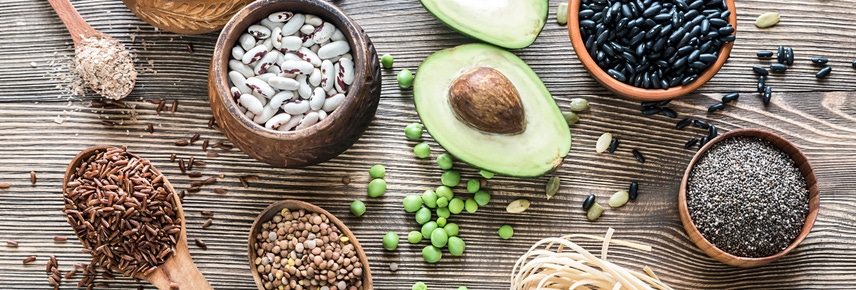
The science is in: here’s the best time you should be having breakfast
With chaotic mornings and trends like intermittent fasting becoming increasingly popular, you may be wondering if there’s a time that’s best to enjoy your brekkie.
Interestingly, recent research has found that eating your breakfast earlier in the day could be a key factor in keeping your heart healthy. But don’t worry if you’re not a morning person—what matters most is enjoying a nutritious breakfast, whenever you choose to eat it.
The connection between the time you eat breakfast and heart disease
Heart disease is a major concern in New Zealand so finding ways to protect your heart health is important.
Research has shown that the time you eat actually has an impact on your circadian rhythms, which are the 24-hour cycles that are part of your internal body clock. They help guide essential body functions at the right times of the day, from digestion and the release of hormones, to when you sleep and wake up. Your body is used to sleeping when it’s dark, and eating when its light, which is in sync with your circadian rhythm. It also appears to be a two-way street, with studies showing that when we eat helps to train our internal body clock.
Evidence suggests that your metabolism and the way your body uses food is influenced by these rhythms. For example, sensitivity to insulin and your ability to manage blood sugar levels are highest in the early morning and decrease throughout the day, indicating that your metabolism is tuned to process energy at specific times of the day.
The research has also shown that aligning your meals with your circadian rhythm – like having your first meal earlier in the day – may be associated with lower rates of heart disease, especially amongst women.
The power of a nutritious breakfast
While the timing of your breakfast can influence your health, what you eat is just as important - if not more so. Starting your day with a balanced meal offers a range of benefits, from improving appetite control to enhancing concentration and academic performance, especially for children and adolescents.
Breakfast also provides an excellent opportunity to help meet your daily nutrient needs, including essential vitamins, minerals, and fibre.
Eating breakfast also helps to keep you feeling full and gives you energy so that you can power through your morning. Whether you're a fan of a hearty cooked breakfast or prefer something lighter like a bowl of wholegrain cereal with fruit, the key is to include a variety of food groups to get a good mix of carbohydrates, protein, and fats.
Brekkie tips for busy mornings
Mornings can be hectic and it’s not always easy to sit down for breakfast first thing. But even if you have breakfast later in the morning, you’re still giving your body a valuable boost for the day. Try these tips to help squeeze brekkie in:
- Prep the night before: Options like overnight Weet-Bix, chia pudding, brekkie jars or pre-made smoothie packs chopped and stored in the freezer can be great solutions for busy mornings.
- Keep it simple: Stock up on easy grab-and-go combos like breakfast drinks and fruit or yoghurt, muesli and fruit that you can eat on the way to work or school.
- Plan for portability: Think portable with breakfast wraps, hard-boiled eggs, homemade muesli bars or a peanut butter and apple jaffle.
The brekkie wrap up
While eating breakfast earlier in the day might offer some benefits for reducing the risk of heart disease, the most important thing is to make sure you’re eating a nutritious breakfast at some point in the morning. Whether you’re an early riser or prefer a slower start to your day, a healthy breakfast is key to setting the stage for better health and well-being.

The latest nutrition advice, plus health and wellness tips delivered to your inbox monthly
.jpg?width=638&height=290&format=jpg&quality=95)
